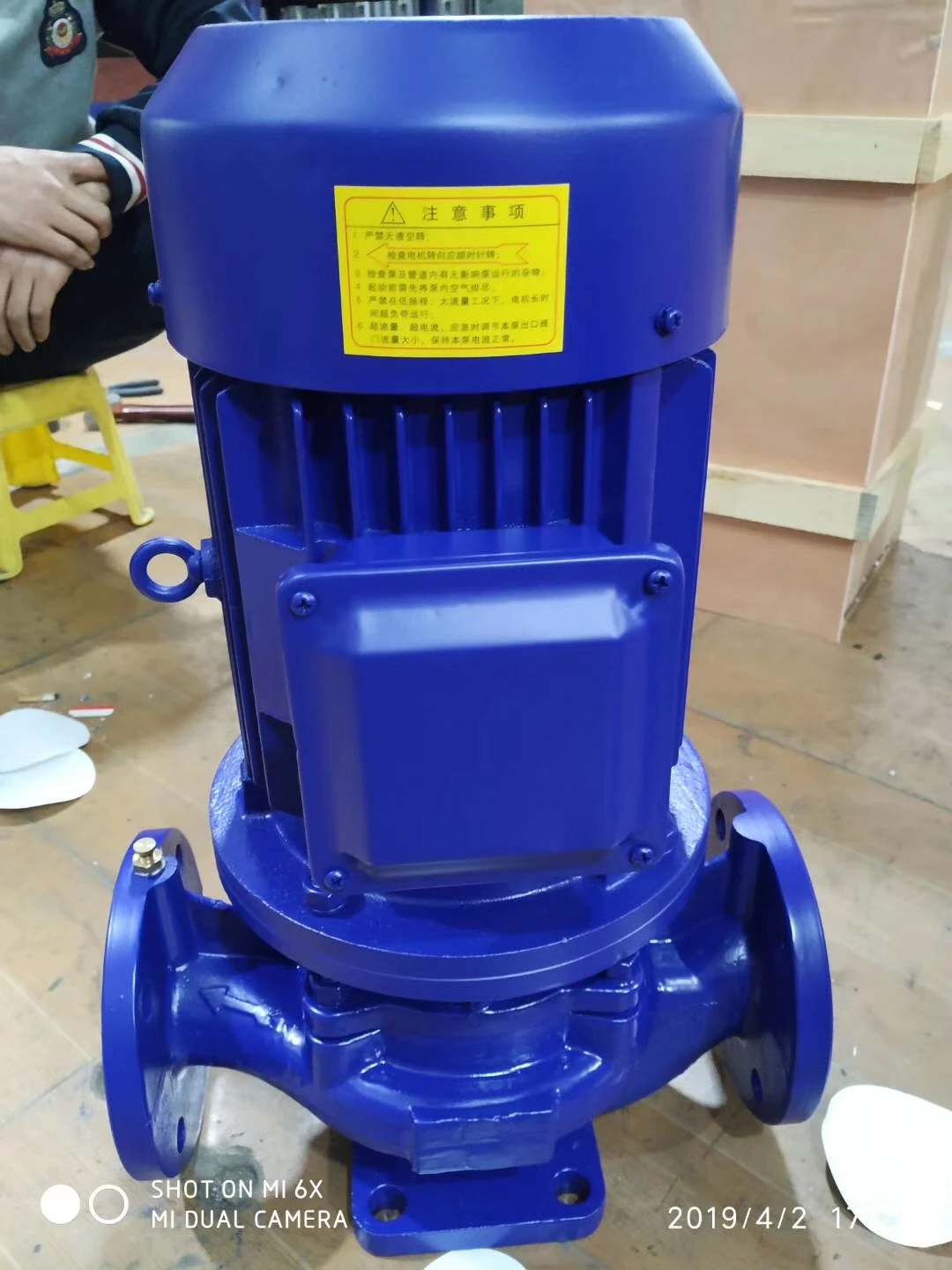TEL:
+86 13120555503
English
- Afrikaans
- Albanian
- Amharic
- Arabic
- Armenian
- Azerbaijani
- Basque
- Belarusian
- Bengali
- Bosnian
- Bulgarian
- Catalan
- Cebuano
- Corsican
- Croatian
- Czech
- Danish
- Dutch
- English
- Esperanto
- Estonian
- Finnish
- French
- Frisian
- Galician
- Georgian
- German
- Greek
- Gujarati
- Haitian Creole
- hausa
- hawaiian
- Hebrew
- Hindi
- Miao
- Hungarian
- Icelandic
- igbo
- Indonesian
- irish
- Italian
- Japanese
- Javanese
- Kannada
- kazakh
- Khmer
- Rwandese
- Korean
- Kurdish
- Kyrgyz
- Lao
- Latin
- Latvian
- Lithuanian
- Luxembourgish
- Macedonian
- Malgashi
- Malay
- Malayalam
- Maltese
- Maori
- Marathi
- Mongolian
- Myanmar
- Nepali
- Norwegian
- Norwegian
- Occitan
- Pashto
- Persian
- Polish
- Portuguese
- Punjabi
- Romanian
- Russian
- Samoan
- Scottish Gaelic
- Serbian
- Sesotho
- Shona
- Sindhi
- Sinhala
- Slovak
- Slovenian
- Somali
- Spanish
- Sundanese
- Swahili
- Swedish
- Tagalog
- Tajik
- Tamil
- Tatar
- Telugu
- Thai
- Turkish
- Turkmen
- Ukrainian
- Urdu
- Uighur
- Uzbek
- Vietnamese
- Welsh
- Bantu
- Yiddish
- Yoruba
- Zulu
Telephone: +86 13120555503
Email: frank@cypump.com
Feb . 10, 2025 10:49 Back to list
vertical chemical pump
The vertical chemical pump is an essential component in various industries dealing with aggressive and corrosive fluids. Its design and capabilities make it a powerful tool in environments where horizontal pumps might falter. With more than a decade of industry experience, I have witnessed how subtle optimizations and proper usage of these pumps can significantly enhance efficiency and operational reliability.
The expertise required to choose the correct vertical chemical pump involves understanding the nuances of fluid dynamics as well as chemical properties. Factors such as viscosity, density, and temperature of the fluid being pumped can heavily influence the type of pump suitable for a specific application. A thorough analysis of these variables can avoid common pitfalls like cavitation, which may lead to efficiency loss and physical damage to the pump. From an authoritativeness perspective, vertical chemical pumps have gained recognition in the latest industrial standards. This type of pump aligns with strict environmental regulations due to its advanced sealing technology that minimizes emissions and leakages of hazardous substances. Industries aiming for sustainability are increasingly opting for vertical chemical pumps to achieve compliance with environmental standards and improve their ecological footprint. Trust in vertical chemical pumps is reinforced by their track record of reliable performance in challenging environments. Real-world case studies highlight significant improvements in process efficiency and cost savings when these pumps are employed appropriately. In one example, a chemical processing plant was able to reduce operational costs by 15% due to reduced maintenance needs and increased energy efficiency after switching to vertical chemical pumps. In conclusion, vertical chemical pumps offer a robust, efficient, and reliable solution for handling challenging chemical transport tasks. Their design not only provides spatial and cost benefits but also aligns with modern sustainability requirements. Professionals opting for these pumps can trust in their durability and regulatory compliance, ultimately leading to enhanced operational success. Through strategic implementation and expert management, vertical chemical pumps can transform industrial operations, ensuring long-term trust and efficiency for years to come.


The expertise required to choose the correct vertical chemical pump involves understanding the nuances of fluid dynamics as well as chemical properties. Factors such as viscosity, density, and temperature of the fluid being pumped can heavily influence the type of pump suitable for a specific application. A thorough analysis of these variables can avoid common pitfalls like cavitation, which may lead to efficiency loss and physical damage to the pump. From an authoritativeness perspective, vertical chemical pumps have gained recognition in the latest industrial standards. This type of pump aligns with strict environmental regulations due to its advanced sealing technology that minimizes emissions and leakages of hazardous substances. Industries aiming for sustainability are increasingly opting for vertical chemical pumps to achieve compliance with environmental standards and improve their ecological footprint. Trust in vertical chemical pumps is reinforced by their track record of reliable performance in challenging environments. Real-world case studies highlight significant improvements in process efficiency and cost savings when these pumps are employed appropriately. In one example, a chemical processing plant was able to reduce operational costs by 15% due to reduced maintenance needs and increased energy efficiency after switching to vertical chemical pumps. In conclusion, vertical chemical pumps offer a robust, efficient, and reliable solution for handling challenging chemical transport tasks. Their design not only provides spatial and cost benefits but also aligns with modern sustainability requirements. Professionals opting for these pumps can trust in their durability and regulatory compliance, ultimately leading to enhanced operational success. Through strategic implementation and expert management, vertical chemical pumps can transform industrial operations, ensuring long-term trust and efficiency for years to come.
Share
Latest news
-
Heavy-Duty Mining Sludge Pumps - Wear-Resistant Slurry Handling
NewsAug.02,2025
-
Horizontal Split Case Pump with GPT-4 Turbo | High Efficiency
NewsAug.01,2025
-
ISG Series Pipeline Pump - Chi Yuan Pumps | High Efficiency, Durable Design
NewsAug.01,2025
-
Advanced Flue Gas Desulfurization Pump with GPT-4 Turbo | Durable & Efficient
NewsJul.31,2025
-
ISG Series Vertical Pipeline Pump - Chi Yuan Pumps | Advanced Hydraulic Design&Durable Construction
NewsJul.31,2025
-
ISG Series Vertical Pipeline Pump - Chi Yuan Pumps | Energy Efficient & Low Noise
NewsJul.31,2025










